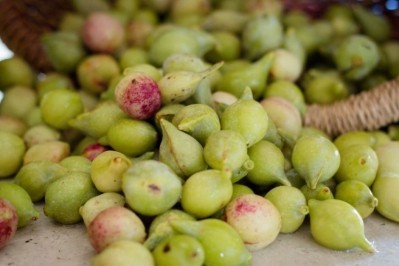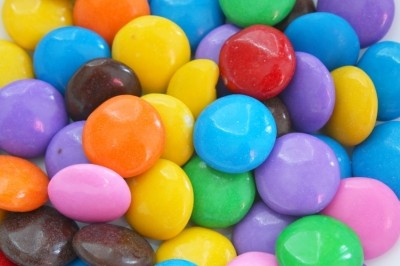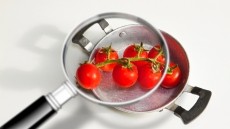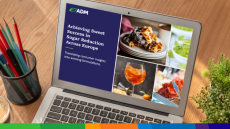The new natural: How are clean label claims changing?
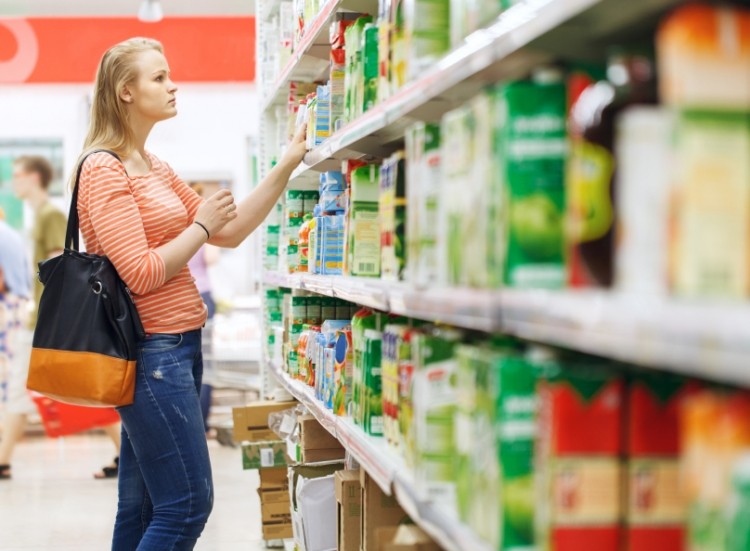
Speaking to FoodNavigator, Jago said he thought clean label products were multiplying on European shelves, but the subjectivity of terms like ‘natural’ or ‘clean label’ meant it was hard to measure. For example, companies aren’t necessarily putting the word ‘natural’ on-pack, but rather phrases like ‘additive free’ – and fewer companies are saying anything at all.
“There’s no longer the same potential for differentiation because everybody’s doing it,” he said. “In some cases, it’s taken as read now…When you get to that level of saturation people aren’t putting it front of pack anymore.”
According to Mintel data, the phrase ‘no additives’ appears on about 16%-17% of all new products being launched globally, while in Europe, about a third of new products in France, the UK and Germany carry such a claim.
Although the sensitive baby food category leads the way, other categories have also seen an increase in claims aligned with perceptions of naturalness, including breakfast cereals, soups and snacks.
Into the mainstream
“It’s being driven by the big guys now, not the niche brands anymore,” Jago said. And the on-pack conversation has moved away from negatively slanted ‘no nasties’ claims toward more positive messages, including underlining the provenance of natural ingredients.
“Some of the really nice examples still come from the little guys, but it’s moving into the mainstream,” he said, citing the example of Walker’s crisps, which has relaunched its smoky bacon flavour with ‘pork from Norfolk’.
What do consumers want?
“The consumer is more interested than ever before in what goes into their tummy and what goes into their family’s tummies, but they are also spending less time shopping for food and cooking, so that can seem quite contradictory,” he said.
“We know that consumers are motivated to look for artificial colours, flavours and preservatives on the pack. We also know that there is a lot of mistrust of artificial sweeteners…Because natural ingredients have become so widely talked about, companies have been forced into talking about something else for product differentiation.”
As for the term ‘clean label’, which is widely regarded as industry jargon, Jago said this year Mintel picked up what may be the world’s first use of the term on a consumer-facing product. The product is sold in Russia as ‘Valio Clean Label Yoghurt’, and the package explains ‘clean label’ (written in English on pack) as meaning traditional and easy to understand ingredients.
“It will be seen as a high principled Western product,” he said.
